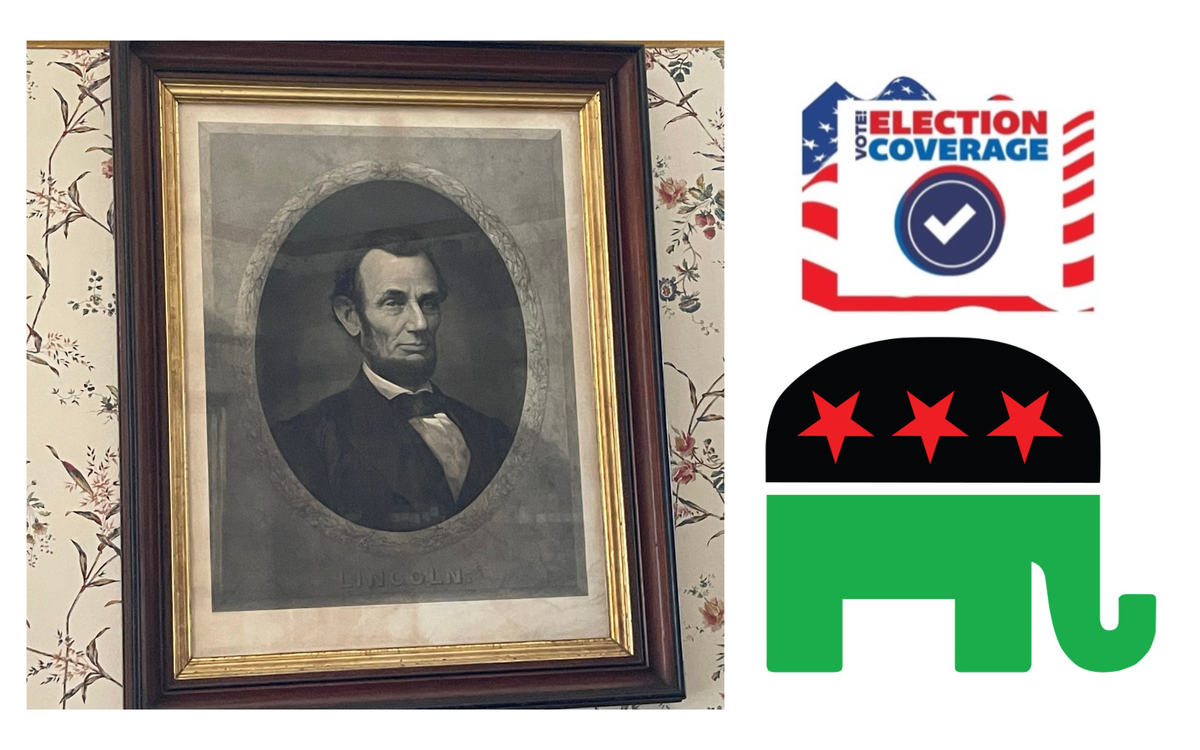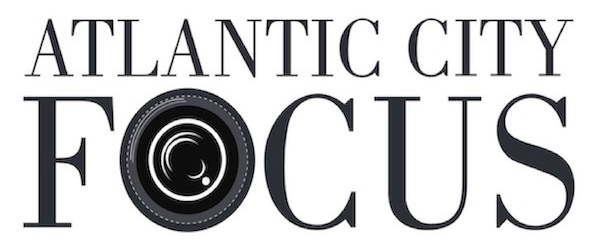New Jersey Black Republicans: A Political Role Reversal
By the end of the 1960s, the Democratic Party had become the party of civil rights, while the Republican Party, now attracting white southerners disillusioned by civil rights advancements, began to shift toward the political right.

By Mark Tyler, Publisher of Atlantic City Focus, and
Lilo H. Stainton, Health Care Reporter, NJ Spotlight News
The relationship between Black Americans and the Republican Party has undergone a dramatic transformation since the days of Abraham Lincoln. What began as a strong alliance, rooted in the fight for freedom and civil rights, has shifted over the years to a point where the vast majority of Black voters now support the Democratic Party. This political role reversal, which took place over more than a century, is a story of shifting priorities, evolving party platforms, and the enduring search for equality in America.
"We were Republicans directly out of chattel slavery," said Essex County College Political Science Professor Linda McDonald Carter, who is also a founding member of Public Square Amplified, a digital online publication out of Newark, NJ. "We were Republicans as a result of Abraham Lincoln."
After the Civil War, approximately four million Black men, women and children suddenly found themselves free. But their freedom came with little else. Southern Democrats were neither welcoming, nor respectful to newly freed Blacks. In contrast, the Republican Party, was the party of Abraham Lincoln, whose 1863 Emancipation Proclamation delivered the promise of freedom even before the Civil War was won. For millions of newly freed Black Americans, the Republican Party represented hope, progress, and the possibility of full citizenship in a country that had systemically denied them basic human rights.
Sign Up for Atlantic City Focus Weekend Guide
Your Key to Winning the Weekend in AC and Beyond!
No spam. Unsubscribe anytime.
Congress passed the 13th amendment to abolish slavery on Jan. 31, 1865. When Lincoln was assassinated on April 15, 1865, Andrew Johnson of North Carolina assumed the presidency. Although he was a Republican, his sympathies lied with the south. Johnson made it clear that he was a proponent of states’ rights. That paved the way for most former confederate states to establish oppressive Black Codes, between 1865-1866, which dictated how Blacks could move about the country. Some scholars say the Black Codes made the former slaves free in name only.
By 1866, radical Republicans in Congress, outraged by the Black Codes, passed a Civil Rights bill designed to give Black Americans more freedom. However, Johnson vetoed the Bill, which prompted the Republican-controlled Congress to override the veto. This further fueled Black support for the Republican Party. Blacks supported Republicans from the 1860s through the 1930s, following the Great Depression.
The actions of newly elected Republican President Herbert Hoover brought a turn in that loyalty. He all but ignored his supportive Black constituents and, it is said, that he refused to be photographed with Black leaders. While Hoover snubbed Blacks, many were inspired by Democratic Candidate Franklin Delano Roosevelt.
In the 1932 and 1936 elections, Roosevelt presented his policies in a more inclusive manner and — The New Deal — inspired hope for economic change that would even include the Black community.
"When Franklin Roosevelt came, then we became Democrats," said McDonald Carter. "So we've been Democrats based on which person in office it appeared had done something for us."
Still, many clung to the party of Lincoln for another 30 years, until the summer of 1964, better known as Freedom Summer. That’s when northern college students converged on Mississippi to increase voter registration. More than 700, mostly white students, worked against discrimination and intimidation at the polls. They were met with violent opposition from the Ku Klux Klan, local and state law enforcement. The movement was organized by civil rights organizations such as the Student Non-Violent Coordinating Committee (SNCC) and the Congress on Racial Equality (CORE) with a goal of registering Blacks for the Democratic Party. The Republican Party’s answer to Freedom Summer was running Barry Goldwater for president. While Fannie Lou Hamer and others were taking a stand for freedom at the Democratic National Convention held in Atlantic City, the Republicans made it clear they were against organizing efforts. A few weeks before the Republican National Convention was held in San Francisco, Freedom Summer volunteers Andrew Goodman, James Chaney, who was Black, and Michael Schwerner were kidnapped in Mississippi. Their bodies were later discovered in a dam. Subsequently, President Lyndon B. Johnson signed the Civil Rights Bill of 1964.
Goldwater, like Andrew Johnson, championed states’ rights giving southern states reassurance that if he was elected, it would suppress the movement. Many saw his stance as a tacit endorsement of southern states’ efforts to maintain racial segregation and discrimination.
The cultural and political realignment that took place during this period cemented Black voters’ loyalty to the Democratic Party, which had once been the party of southern segregationists. By the end of the 1960s, the Democratic Party had become the party of civil rights, while the Republican Party, now attracting white southerners disillusioned by civil rights advancements, began to shift toward the political right. Black voters left the Republican Party in droves afterward and many never came back.
More than 1.1 million New Jerseyans are Black, making up about 12% of the state’s population, according to data from the US Census Bureau.

In 2022, the bureau estimates that roughly 42% of Blacks who were eligible to vote cast ballots. That percentage is likely to be higher this year because more people tend to vote in the upcoming presidential election.

A 2014 report from the Pew Research Center estimated that only 5% of Blacks identified as Republican or leaning toward Republican at the time.
5% https://www.pewresearch.org/religious-landscape-study/database/state/new-jersey/party-affiliation/
However, this historical narrative is not without its nuances. While most Black Americans support the Democratic Party today, a small but vocal minority has re-embraced the Republican Party, citing its focus on economic opportunity, personal responsibility, and limited government intervention. People like William “Billy” Prempeh, Darius Mayfield, and Andrew Parker III argue that the Democratic Party’s focus on social programs has not delivered the progress Black communities need and that a return to the Republican Party’s foundational principles of self-reliance and free-market economics offers a better path forward.
Thanks for reading the whole story!
At Atlantic City Focus, we're committed to providing a platform where the diverse voices of our community can be heard, respected, and celebrated. As an independent online news platform, we rely on a unique mix of affordable advertising and the support of readers like you to continue delivering quality, community journalism that matters. Please support the businesses and organizations that support us by clicking on their ads. And by making a tax deductible donation today, you become a catalyst for change helping to amplify the authentic voices that might otherwise go unheard. And every contribution is greatly appreciated. Join us in making a difference—one uplifting story at a time!





